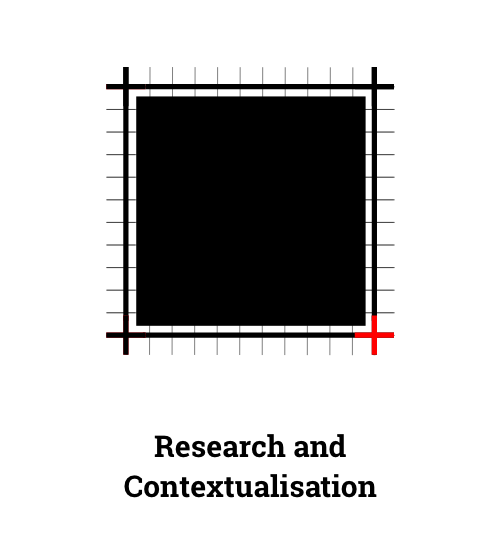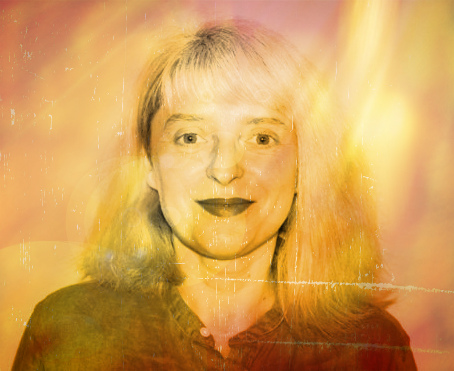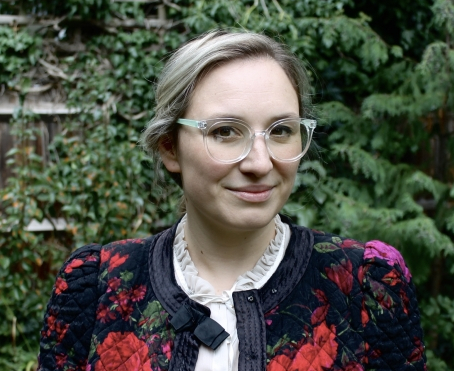About VR_ELL
The concept of VRELL primarily arises from the acknowledgement of the limitations of 2D visualization observed in the PI’s PhD research and the DRaL project developed in collaboration with King’s Digital Lab. As a starting point of our experimental proof-of-concept project, we chose to custom-build two 3D models of culture-specific objects and create a contrasting narrative in Unity to foreground the visuospatial differences in how places and objects are imagined and reimagined across languages. One model is built to represent the American barn, as depicted in the first chapter of William Faulkner’s The Sound and the Fury. The second model represents the Lithuanian klojimas (“stackyard”), as reimagined and transculturated in the Lithuanian translation of the novel.
This small-scale VR project is experiments with and conceptualizes the use of VR technologies as ethnographic means to interrogate visuospatial imagination through the language of translation as culturally situated and cognitively embodied. VRELL is intended to grow to feature more factual counterpoints between William Faulkner’s The Sound and the Fury and its translations into other languages. The experimental reach of VRELL is meant to propagate the idea of the phenomenological turn in data visualization and open pathways to explore literary translation as a form of authentic writing of anthropological relevance to historical, cultural, and local studies, thus shifting their gaze from monolingual centres to multilingual peripheries.
Three Stages
Our experimental process is presented in three stages as featured below.



The Team
We are an interdisciplinary team with research interests and background in digital humanities, linguistics, art, and design.

Gabriele holds a PhD in Digital Humanities from King’s College London, where she is currently a Lecturer in Digital Humanities Education, teaching practical and theoretical courses in virtual realities, web technologies, and programming for the humanities. Gabriele started as an art trainee and studied art history before she moved to textual scholarship. She also worked as a translator and interpreter. Apart from her native Lithuanian, she is fluent in Russian, Polish, and English, and has a working knowledge of French and Spanish. Gabriele’s research interests include cross-linguistic modelling and computation of text; the role of digital artistic practices in knowledge production; immersive and spatial data visualization; artistic and aesthetic prototypes of computational thinking.

jljsljflsjfsjfljflsjflsjflsjf;afj

Joanna is a PhD student at the Oxford Internet Institute where her research focuses on junctures between Extended Reality (XR) environments, critical heritage visualisations and post/decolonial historiography. Her work examines technological interventions to canonical spatial histories and centralises hegemonically underrepresented perspectives. In this context, Joanna is particularly interested in interdisciplinary approaches to critical knowledge reproduction and immersive learning experiences in relation to XR applications. Previously, Joanna worked with a number of non-profit organisations in the field of critical museum practices and community outreach. She holds Master’s degrees from King’s College London (Digital Culture & Society) and Potsdam University (Anglophone Modernities in Literature & Culture), and has an undergraduate background in performance design. As part of the VRELL team, she is particularly interested in using VR as a creative means of interpretation and audience immersion.